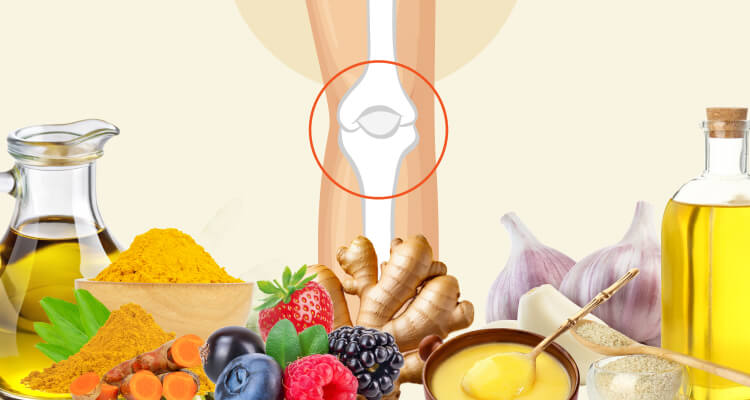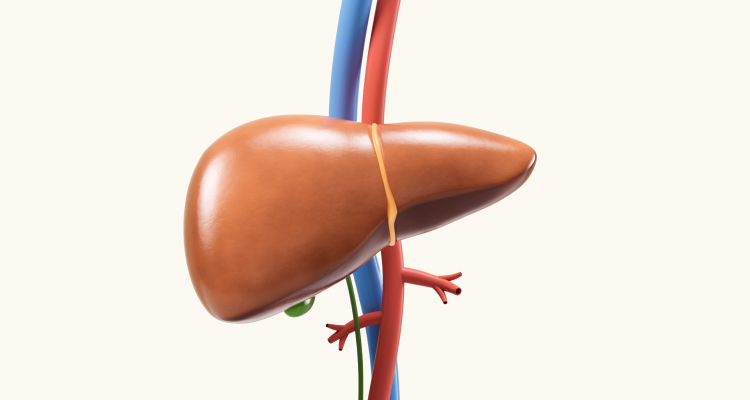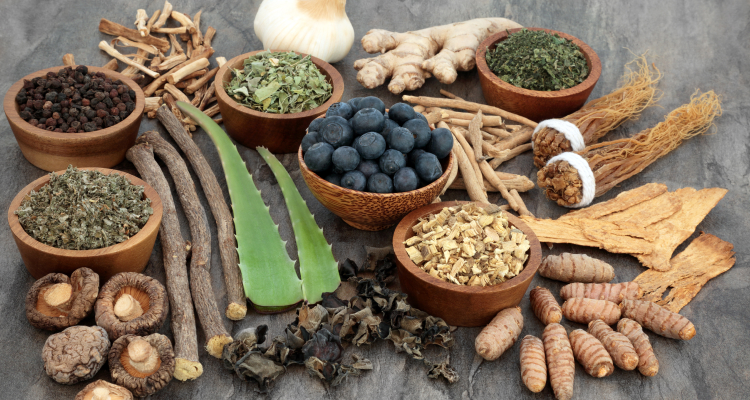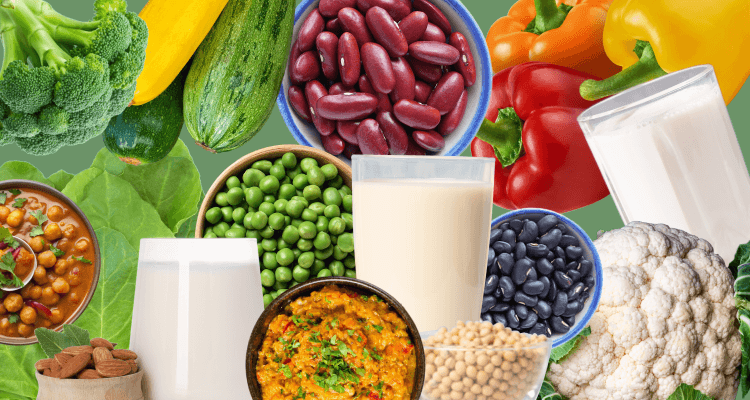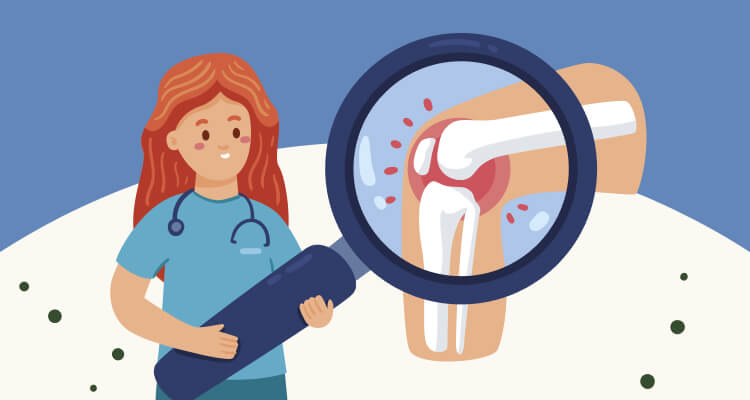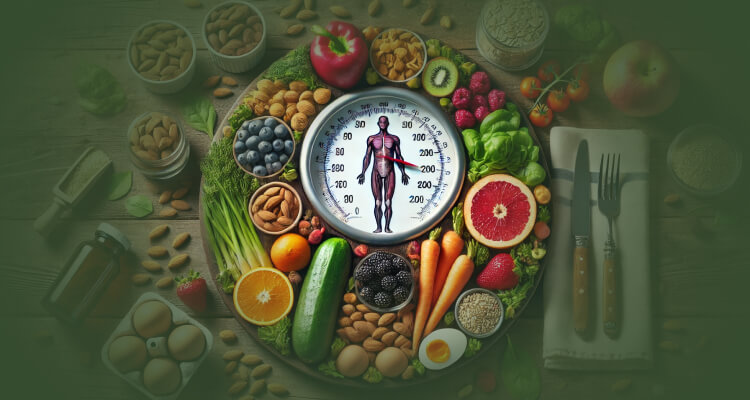When you hear the word “fat,” what is your initial thought? For many of us, it’s often linked to cholesterol, weight gain, and heart disease. But what if fat could actually be your ally, not your enemy?
In fact, Ayurveda, the ancient system of medicine, has a different perspective on fats—one that focuses on balance and choosing the right kinds of fats to support your overall health. The key to managing cholesterol isn’t about avoiding fat altogether, but rather understanding which fats to include in your diet and how to use them wisely.
Understanding Good Fats and Bad Fats
Ayurveda teaches that balance is key. As with anything in life, too much of something comforting can be harmful, while a small amount of something considered “bad” may have little impact on our health. According to Ayurveda, anything can be a poison or a remedy depending on how it is used.
Ayurveda divides fats into two important concepts: Snigdha Ahara (nourishing, oily foods) and Meda (fatty tissue). Both play vital roles in your body’s balance, metabolism, and energy. The fats we consume, when chosen and used correctly, contribute to the health of your fatty tissue and help nourish your body.
Choose the Right Type of Fat: The Ayurvedic Approach to Balanced Cholesterol
Ayurveda teaches that the right type of fat is critical. Snigdha Ahara refers to fats that nourish and balance the body’s systems when used properly. These healthy fats, such as monounsaturated and polyunsaturated fats, help maintain proper cholesterol balance by increasing HDL (good cholesterol) and reducing LDL (bad cholesterol).

Healthy Fats to Include
Focus on fats that nourish and promote healthy metabolism. These improve HDL (good cholesterol) and reduce LDL (bad cholesterol):
- Nuts: Almonds, walnuts (great sources of healthy fats and fiber)
- Seeds: Papaya seeds, chia seeds, sunflower seeds (full of nutrients and omega-3s)
- Cold-pressed Vegetable Oils: Choose oils like olive, sunflower, and canola, which are better alternatives to refined oils.
- Fatty fish: Rich in omega-3s, great for heart health—salmon and sardines are excellent choices.
- Avocados: A fruit with a high fat content, excellent for heart health and cholesterol balance.
- Ghee: When consumed in moderation, ghee can support digestion and metabolism while promoting healthy cholesterol levels.
- Butters: Avocado butter, almond butter, and walnut butter can be great alternatives to traditional butter.
Unhealthy Fats to Limit or Avoid
Eating too many unhealthy fats can mess up your digestion and cholesterol levels.
- Trans fats are found in processed snacks, fried foods, and margarine; even small amounts can harm your heart.
- Saturated fats are present in red meat, butter, cheese, palm oils, and certain dairy products.
The Role of Visible and Invisible Fats:
It’s also important to understand where your fats are coming from. Visible fats are the fats you can easily spot in foods, such as oil or butter. However, there are also invisible fats—fats hidden in meats, dairy, and processed foods—that can be just as harmful.
Some invisible fats, such as those found in nuts and seeds, are actually great for your health. These provide essential fatty acids that support a balanced cholesterol profile and overall health. But, fats from processed meats or dairy products may contribute to an excess of unhealthy fats that are hard to digest and can increase inflammation in the body.
Always Note: Even healthy fats should be eaten in moderation to avoid overburdening the digestive system.
The Right Quantity of Fat: Ayurveda’s Matra for Balance
In Ayurveda, Matra refers to the right quantity of food—because even the healthiest foods can be harmful if consumed in excess. Too much of even healthy fats can overwhelm the digestive system, disrupt your metabolism, and eventually affect your cholesterol levels. Excessive consumption of even healthy fats can increase Kapha dosha (binding and nourishing bioenergy) due to their unctuous quality, which promotes heaviness, oiliness, and congestion in the body, leading to imbalances.
While fats should be an important part of your diet, whole grains, vegetables, and fruits should make up a larger portion of your meals. Fats should complement your meals in moderate amounts to enhance digestion and provide energy.

How to Use Fats in Moderation:
- Keep portions small: 1-2 tablespoons of healthy fats per meal is sufficient.
- Balance your plate: Fats should be a side note—vegetables, fruits, and whole grains should be the main event.
- Avoid overconsumption: Even the best fats, like olive oil or ghee, can be problematic if used excessively.
- Pair wisely: Pair fats with proteins to ease digestion and counter digestive side effects.
The Right Processing: How You Prepare Fats Matters
Ayurvedic principles believe in the right processing and preparation of food (Sanskara) which greatly influences its qualities, nutritional value, and therapeutic effects. The method you choose to process fats can determine whether they support or hinder your health, especially in managing dyslipidemia.
Why Processing Matters
How fats are handled—cooked, raw, or over-processed—affects their impact on your body. For instance:
-
- Deep frying: It leads to the formation of harmful trans fats, increasing the risk of heart issues and exacerbating cholesterol problems.
- Refining oils: Strips away nutrients and may introduce chemicals that reduce their health benefits.

Healthier Processing Alternatives You Can Try
- Raw Oils: Drizzle cold-pressed oils like olive oil on salads or use them in dips to retain their nutrients.
- Sauteing: Lightly sautéing vegetables in ghee or olive oil is a gentle cooking method that preserves the oil’s beneficial properties.
- Finishing Touch: Add a small dollop of ghee to rice, bread, or desserts for flavor and health benefits, avoiding overheating which can diminish its therapeutic qualities.
Timing Is Key: Aligning Your Fats with Kala (Timing)
Ayurveda places a significant emphasis on Kala, or the timing of food. Eating at the right time optimizes digestion, particularly when it comes to fats. Your digestive fire peaks at midday, so lunch is the perfect time to enjoy healthy fats.

Consuming fats during this time helps your body process them efficiently while eating heavy fats at night can slow down digestion, leaving you feeling sluggish the next day.
Best Time for Fats:
- Midday meals: Have your largest meal, with healthy fats included, around lunch when Agni is strongest.
- Evening meals: Keep meals light in the evening. Your digestive fire is weaker, and heavy fats might cause discomfort.
The Right Adjuvants: Enhance Your Fat Intake with Digestive Boosters
According to Ayurveda, Anupana refers to the supporting elements—foods or drinks—that help balance the effects of the main dish. When you eat fats, pairing them with certain spices and liquids can help enhance digestion and reduce fat absorption.
For instance, ginger, cumin, black pepper, and fenugreek can improve fat digestion, prevent bloating, and even support fat metabolism. Likewise, drinking lemon water or buttermilk after meals can improve digestion and boost the fat-burning process.

Digestive Boosters to Pair with Fats:
- Spices: Ginger, cumin, black pepper, and fenugreek.
- Supporting liquids: Buttermilk, lemon water, or hot water after meals help digestion and fat metabolism.
A Pro Tip: Add these to your meals with fats for better digestion and reduced bloating. Before making any changes to your diet, always consult a nutrition expert.
The Bottom Line: Balance Is the Key to Healthy Fat Consumption
In the journey of managing dyslipidemia and improving heart health, fats are neither your enemy nor your savior—they are tools that must be used wisely. Ayurveda and modern science converge on the importance of making informed choices about the type, quantity, timing, and processing of fats in your diet.
At Live Your Best Life, we are committed to making holistic healthcare accessible to everyone, simplifying Ayurveda with evidence-based solutions that meet modern needs. With our focus on combining nature, science, and technology, we bring you personalized care that supports your health journey, safely and effectively.
Your health is your most valuable asset. Balance your choices, consult an expert when needed, and let LYBL guide you with tailored solutions for a healthier, happier life.
Your heart—and your taste buds—will thank you.





